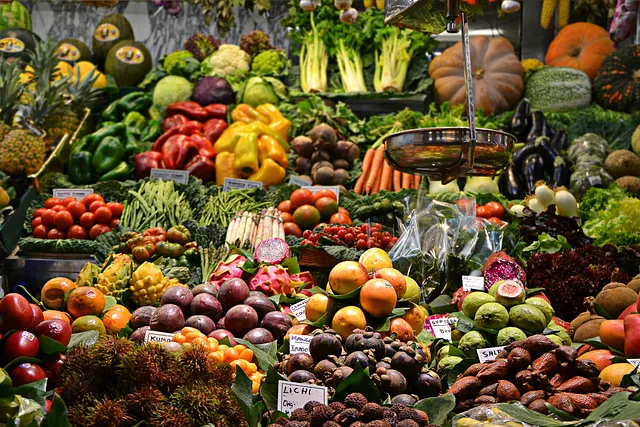Food waste is an international problem regardless a country developed or developing country. According to the WHO organization, more than 828 million people are suffering from hunger globally. Foods also affect our environment, food security, nutrition, and the economy. It has always been a massive challenge how to reduce hunger. Almost a billion people are suffering from hunger.
Let me share the most shocking facts about the way we are wasting food:
- 1.3 billion tons of food is enough to feed 3 billion people when less than one billion people are getting affected by hunger.
- According to Forbes, food waste affects our water supply. It’s shocking to know that more than 2.3 billion do not have clean water services. Accoridng to WHO 1 in 3 people globally do not have access to safe drinking water.
- Food waste uses 21% of freshwater when we take into account all the resources to grow food.
- The water wasted by food could be used for more than 9 billion people at around 200 liters per person per day, and the daily fluid intake of humans is roughly 3.7 liters (drinking).
- Developed (670 million tons) or developing countries (630 million tons) roughly waste the same amount of food each year.
The best ways to reduce food waste
The greatest threat to our planet is the belief that someone else will save it. — Robert Swan
Inventory
- Make a meal plan in advance.
- Always write a shopping list before leaving for the grocery
- Say no to impulse purchases
By barely following these three steps, you will also save more money. It will help us to stay away from bad debt.
Leftovers
If you don’t finish everything, freeze it for later.
There is absolutely nothing wrong with eating leftovers the next day.
Compost
Composting leftover food is a useful way to reuse food scraps, converting food waste into plant energy.
Store
One of the most common reasons I hear people say they don’t eat fruits and vegetables is because when they buy them, they end up going bad, and they throw them out anyway.
- Begin by purchasing only what you can consume in a week.
- Keep greens in a plastic container in the crisper drawer with a paper towel.
- Tomatoes and bananas on the counter
- Potatoes and onions in a cool, dark place
- Fresh herbs in a glass of water
- Keep frozen fruits and vegetables on hand if you consume all your fresh produce before your next grocery run.
Ugly fruits
Buying imperfect food, which is misshaped or oddly shaped fruits and vegetables, has always been challenging.
Some companies will deliver “ugly” foods to you on a monthly basis if you sign up for a subscription.
Here are a couple of companies if you want to try it.
You can also start a relationship with a local farmer to get your hands on some ugly produce.
Local food producers
By purchasing locally grown produce, you are assisting family farmers and small businesses in your community.
You also help to reduce pollution by shortening delivery routes for trucks and other vehicles.
Pack your lunch
While going out to lunch with coworkers or grabbing a meal from your favorite restaurant is fun, it is also expensive and contributes to food waste.
Bringing your lunch to work (packing it at night before going to bed) is a great way to save money while also lowering your carbon footprint.
Takeaways
Every time we throw away food, we’re throwing away all the resources that went into producing it. — Tristram Stuart
There are multiple ways to reduce, reuse, and recycle food waste.
Let me recall the top 7 easy-peasy ways you can implement in your life.
- Make a grocery list before you leave for the store
- Save and eat leftovers
- Compost
- Store food wisely
- Pick the ugly fruits and veggies
- Support local producers
- Pack you lunch
Even minor changes in how you shop, cook, and consume food can help reduce your environmental impact.
Book recommendation:
Waste-Free Kitchen Handbook: A Guide to Eating Well and Saving Money By Wasting Less Food
Thank you for reading. I wish you a happy and healthy life.

